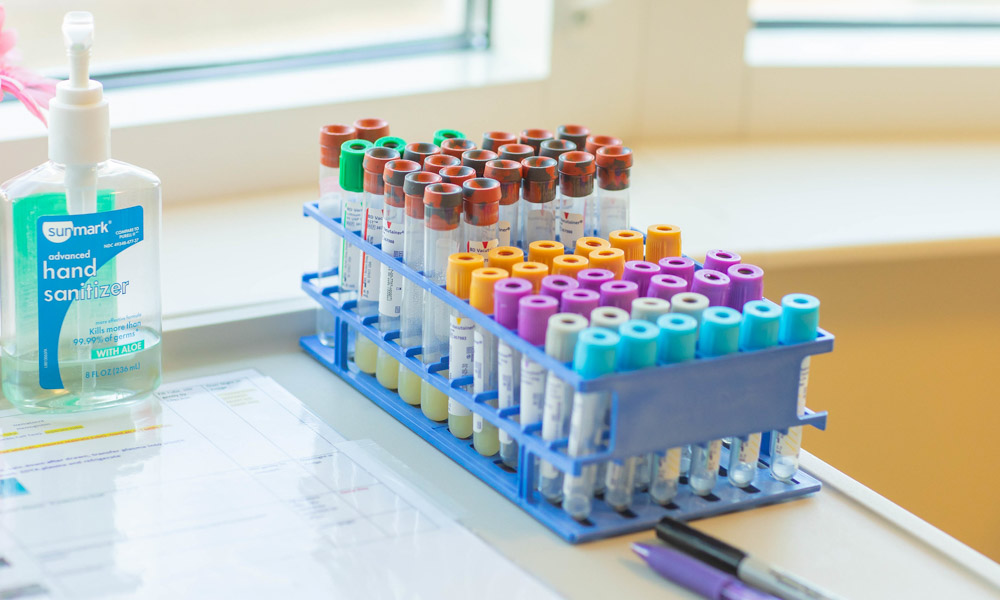Free STI testing provided by UHC and UREC
News
For some, college is a time to experience new things like living with roommates, balancing a workload and … Sexually Transmitted Infections (STI). If you experience these, it can be costly to attend appointments, test and treat STIs. “A single Chlamydia/Gonorrhea test is $20,” says Jordan McCann, Assistant Director for Sexual and Relationship Health at University Recreation Center (UREC). “We know that’s a barrier for students.” Now, however, University Health Center (UHC) has you covered in the testing department!
“We did a free STI Testing event pre-COVID,” says Betsy Gentry, Associate Director of Nursing for UHC. “As we were moving out of COVID, students were gathering more, and STI testing appointments were increasing.”
“We submitted for an innovation grant and received funding to be able to provide the free testing for students,” says McCann. “We call it GYT, which stands for Get Yourself Tested. As long as [students] participate in the educational session, then they get their STI testing for free.” Students will meet with a member of the UREC Wellness Center staff and have a 10-15 minute conversation about their testing options, safer sex practices and campus resources.
“Our hope is that as we continue to do this, hopefully this will become a permanent thing,” says McCann. She explains that utilizing the service gives UHC data that they can use to carry on this service in the future.
What STIs can UHC test for? Students options include Chlamydia, Gonorrhea, HIV and Syphilis. Students can make an appointment through MyJMUChart (see Free STI Testing Clinic) or call UHC to make an appointment. When they arrive at UHC, they should enter through the UHC Urgent Care entrance on the corner of Mason and MLK Way. There is no limit to the tests students can take in one visit, however students are limited to free STI test visits twice a semester. Additionally, no-shows will have to pay a $25 fee.
“There is no judgment and there are no personal questions asked,” says Gentry. “Students can provide as much or as little information as they want. Our goal is to encourage safe sex practices, provide testing and reduce the number of STIs.”
